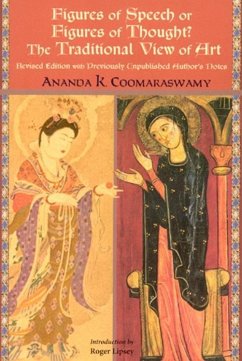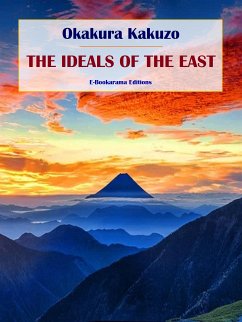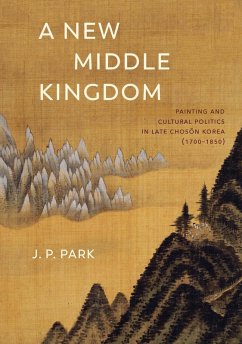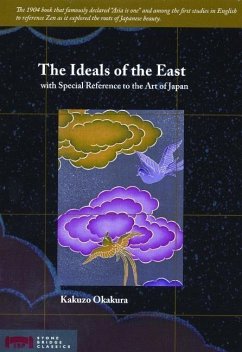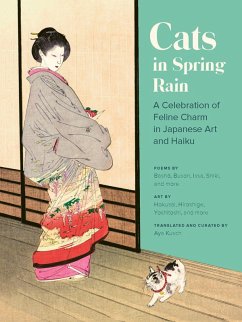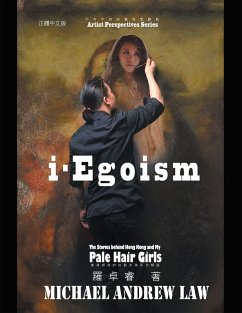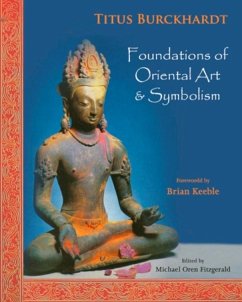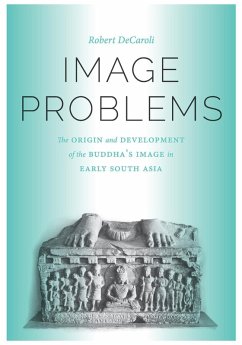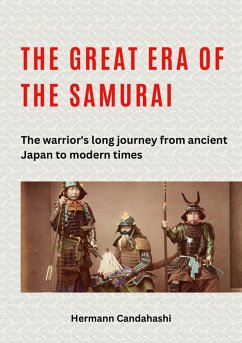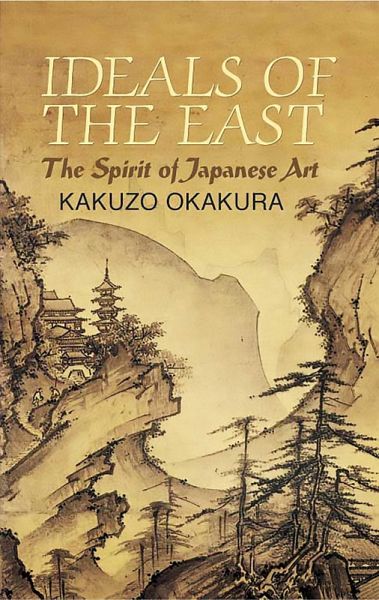
Ideals of the East (eBook, ePUB)
The Spirit of Japanese Art

PAYBACK Punkte
3 °P sammeln!
Ideals of the East (eBook, ePUB)
Dieser Download kann aus rechtlichen Gründen nur mit Rechnungsadresse in A, B, BG, CY, CZ, D, DK, EW, E, FIN, F, GR, HR, H, IRL, I, LT, L, LR, M, NL, PL, P, R, S, SLO, SK ausgeliefert werden.




